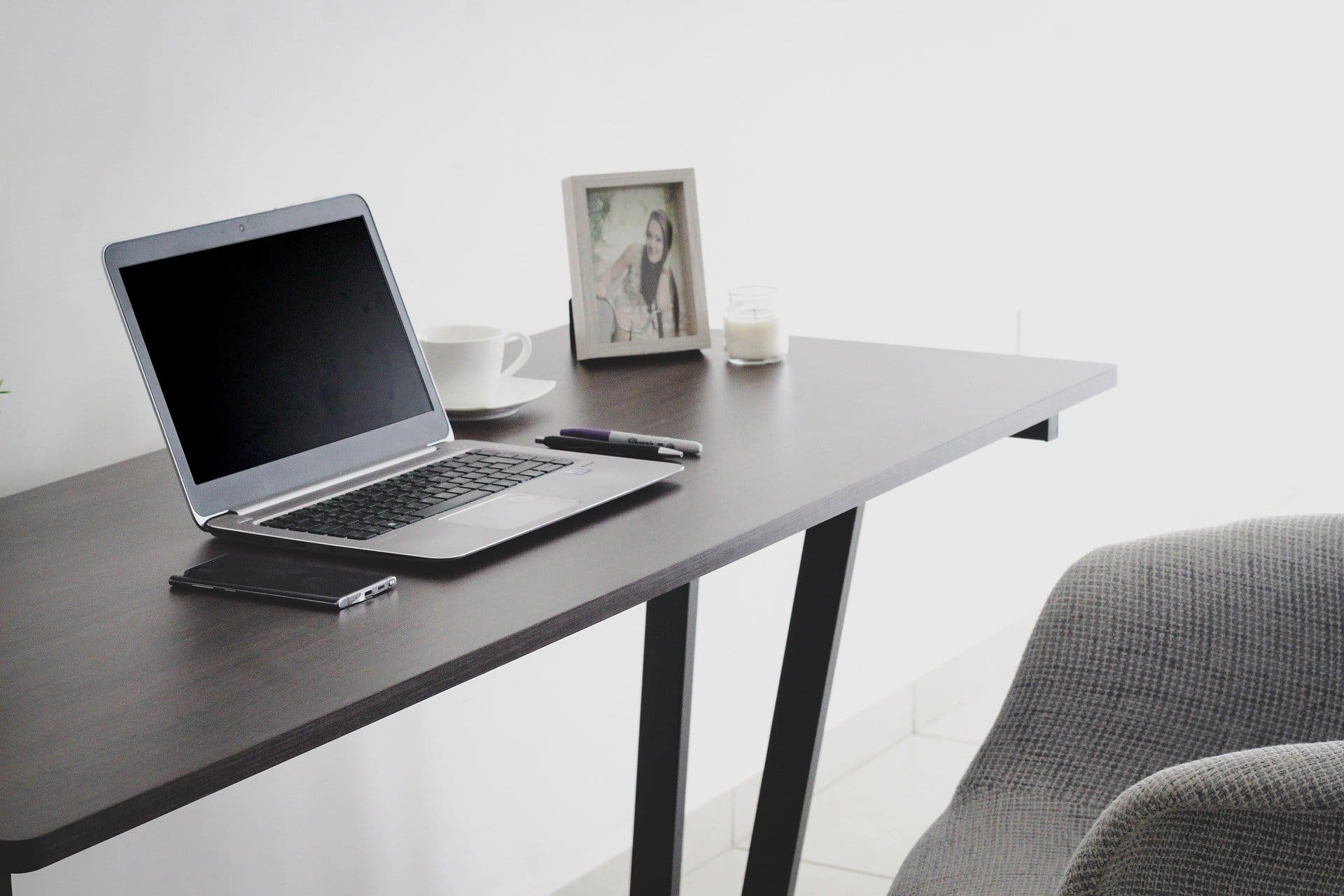The coronavirus pandemic is imposing new working from home guidelines for many of us, often in less than ideal circumstances.
In fact, many employees had no choice in the decision, a small time-frame to prepare, and questionable technology skills. Not to mention completely inadequate home workspaces. This is working far better for some businesses than others. The drastic change to daily life is having huge impacts on people, some good, some not so good.
So how will this affect people in the long run, should they decide to make working from home a more permanent thing? Is it good or bad for your health?
Related: Remote Work Survival Guide: The Future of WFH
Healthier vs Sluggish
For most people working from home is going one of two ways; a healthy diet and routine as a result of being home all day. Or a terrible diet and routine…as a result of being home all day. Easy access to snacks and the temptation of the couch meant some employees are gaining weight while staring at their screen for too many hours a day in awkward positions with few to no breaks.
If that is a vision of your experience then the prospect of working from home is likely not appealing to you. Too much screen time can damage the retina. Badly designed workspaces (i.e the sofa, bed or dining room table) can generate back pain and stress injuries. Over long periods of time, sedentary behaviour is associated with a range of long term health problems, including higher cancer risks. That being said, with the right support and practicalities in place, many people have seen huge health improvements since working from home. For some, the benefit of having more flexibility has enabled them to schedule more time for exercise.
Not only that, with less time spent commuting people have got more time for meal preparation and time with loved ones. This is obviously good for your wellbeing.
Working From Home Benefits
Working from home creates opportunities for employees to take breaks from their screen to do other household tasks. These small breaks and bursts of activity have long-term positive impacts on physical and psychological health. Even just a quick walk around the block or running up and down the stairs can boost your lung capacity and improve your mood. However, maximising these benefits requires support from employers and solid organisation from the employee. An employer can help by providing resources to design better home workspaces. Additionally, software that encourages employees to take regular breaks during the working day.
Better Work-Life Balance Vs No Balance
One of the biggest benefits of working from home is the time and energy saved not having to commute to the office. Driving to work, or catching the train or bus exposes people to far more air pollution. Therefore increasing the risk of respiratory or cardiovascular problems. With this in mind, eliminating the commute should quite literally allow people to breathe easier while simultaneously saving time and money. Two important things that can be redirected into a person’s personal life to feel better.
Commuting benefits
However, on the flip side, the commute often serves as valuable ‘me time’ and is the mental and physical transition between being at work and being at home. The lack of a physical differentiator can blur the lines between working hours and personal life. Ultimately increasing stress. If the ‘saved’ time of a commute is only channelled back into more work, then then the health benefit is lost. Working long hours is associated with higher stress levels, poorer sleep quality and high blood pressure.
Therefore, it’s important that working from home includes transitional periods or key indicators that substitute the commute. This can be anything from taking a morning stroll before you sit at your desk, changing into different attire to meditating before cooking dinner. Furthermore, it’s essential that companies also respect these boundaries. For instance,avoiding contacting employees at all hours of the day and at weekends. Scheduling communication can help if your working hours are different to the majority.
Related: Remote Work Survival Guide: Managing Your Availability
More Focused or Lonely
Working from home can mean fewer distractions, and allow the opportunity to fully zone into the task in hand. In fact, some research shows that employees engage more with their work then are more psychologically present with their family.
Employees who work from home can break up their day with family tasks and family time. This benefits both them and their family. Having the opportunity to intersperse quality time with family members has a significant impact on emotional well-being. However, not everyone has family at home or close family relationships. With that in mind, often contact with colleagues can be an essential source of support for many people. Interestingly, those who participate in office chit chat experience more positive emotions. As a result, they are more likely to help their coworkers out and end the day on a positive note.
Creating Office Culture From Home
Employers can attempt to implement office culture from a remote setting. However, the spontaneity of office small talk is near impossible to replicate in a virtual context. As a result, many people will experience loneliness. This can lead to a whole host of negative health implications such as depression, insomnia, and anxiety. Significantly, loneliness is one of the biggest killers, categorised among smoking, obesity and alcoholism.
This is where employers can step up by creating opportunities for staff to continue interacting on a more informal level. Examples of this include virtual cafés where people can hang out and enjoy relaxed, non work-related conversations.
It’s also worth employers considering a hybrid model. Whereby the benefits of both can be achieved (more focused time for fully engaged work alongside the office environment and interaction with coworkers). For example, employees might work from home several days a week, with the remaining days present in the office.
Employees need to be supported
Working from home is not necessarily good or bad, better or worse for the health of employees than traditional office environments. However, what is important is that every person’s well-being is considered during the process.
If employees are able to make good decisions, and use their time wisely, and employers provide the support required in terms of technology, equipment and company wellbeing, many people will thrive working from home. Employees are far more productive and happier in the workplace (be it in an office or at home) if they are given a choice over their schedule and place of work.
We hope you found these working from home tips useful. You may also be interested in Remote Work Survival Guide: Collaboration Tools or Remote Work Survival Guide | The Challenges Ahead

